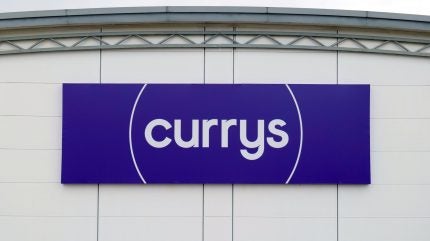
Chinese e-commerce giant JD.com has dealt a blow to British electronics retailer Currys by walking away from a potential takeover.
This withdrawal follows a similar move by US investment company Elliott Advisors, leaving Currys to navigate its future course independently.
JD.com’s interest in Currys was said to have stemmed from a desire to expand its European footprint. The company’s brick-and-mortar presence in China faces increasing competition, and Currys’ established store and warehouse network across eight European countries offered a tempting solution.
Additionally, a successful acquisition could have helped JD.com counter slowing growth in its domestic market.
While the exact terms of JD.com’s offer remain undisclosed, it appears to have fallen short of Currys’ valuation expectations.
The electronics retailer had previously rejected two bids from Elliott Advisors, indicating a preference for a higher price tag.
This suggests that JD.com may not have been willing to meet Currys’ asking price, leading to the breakdown in negotiations.
Despite the failed takeover attempts, Currys appears confident in its ability to thrive independently.
The company recently raised its annual profit forecast, citing stronger-than-expected sales since Christmas and robust margins.
This positive performance extends to its services arm, which has experienced significant growth, further bolstering Currys’ financial health.
Undeterred by the lack of a takeover, Currys is actively pursuing its own growth strategies. The recent sale of its Greek subsidiary, Kotsovolos, has also improved its cash position.
Looking towards the future, Currys has set an ambitious target of achieving adjusted earnings before interest and taxes margin of at least 3%.
This strategy, combined with a focus on reducing exceptional cash costs, is aimed at generating sustainable free cash flow and ensuring long-term financial stability.
While a change in ownership might have provided Currys with a significant injection of capital, the company’s recent performance and future plans suggest a strong belief in its ability to navigate the market independently.



